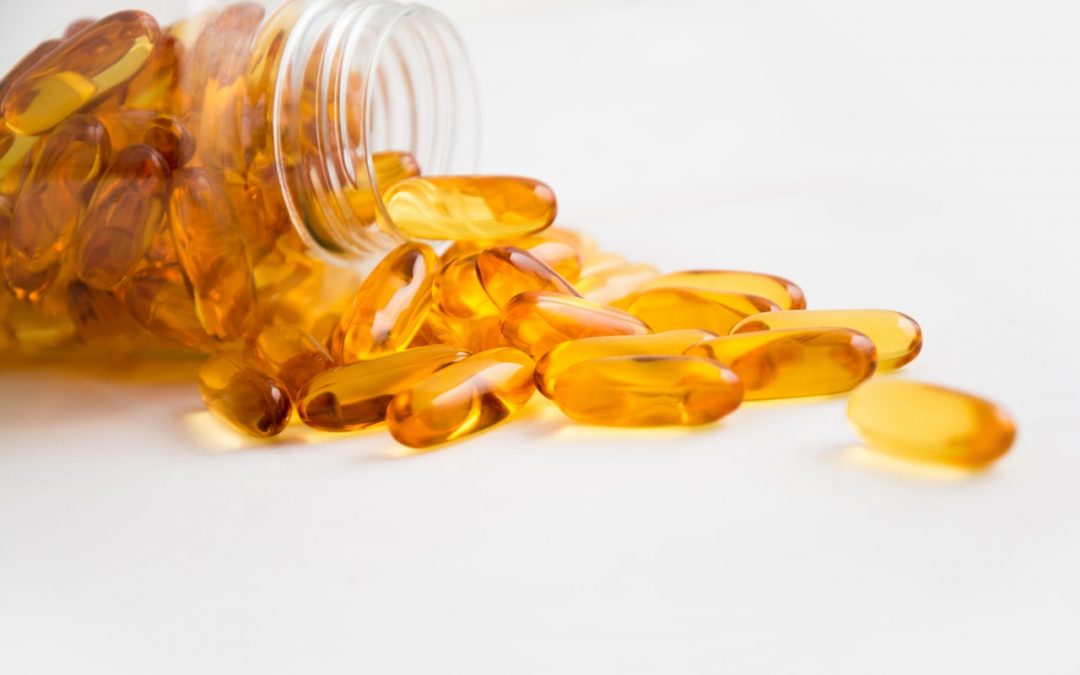What is B12?
Vitamin B12, also known as cobalamin, is a water-soluble vitamin required for many reactions in your body as well as for the health of your nerves, red blood cells, and DNA. Its most important role is as a methyl group donor, which is a crucial step in many of our main detoxification pathways.
Common Signs of B12 Deficiency:
- Weakness, fatigue or low energy
- Shortness of breath
- Heart palpitations
- Loss of appetite
- Digestive issues such as diarrhea or constipation
- Frequent bruising or bleeding
- Anemia
- Depression or mood issues
- Numbness or tingling in limbs, especially hands and feet
- Memory loss, confusion, dementia
- Poor growth/ failure to thrive in infants
- Inflamed tongue
- Premature grey hair
- Disturbed carbohydrate metabolism
- Constipation
- Infertility
- Vision and hearing problems
- Psoriasis or other skin problems
- Neuralgia (nerve pain), neuritis (inflamed nerves)
- Anemia, including pernicious anemia
- Lack of balance/ abnormal gait
- Insomnia
- Irrational or chronic anger
If ignored, a B12 deficiency can affect the entire body, leading to permanent brain and nerve damage. Sometimes B12 deficiencies can be overlooked and misdiagnosed as other disorders like Alzheimers, multiple sclerosis, bipolar disorder, autism, and even some cancers.
Common Causes of B12 Deficiency:
Some causes of B12 deficiency are:
- Vegan and Vegetarian diets
- MTHFR gene mutations
- Pernicious anemia
- Autoimmune diseases such as Graves’ disease and systemic lupus erythematosus
- Intestinal inflammation from Crohn’s or celiac disease
- Excessive alcohol consumption
- Small Intestine Bacterial Overgrowth (SIBO) and leaky gut
- Low stomach acid from prolonged use of stomach acid-reducing drugs
- Bariatric surgeries
Best sources of B12
Our bodies do not make vitamin B12, which means that we must get it through our diet or through supplementation. The average adult needs 2.4 micrograms a day, and the best dietary sources of vitamin B12 are animal products such as:
- Meat
- Poultry
- Fish
- Eggs
Vegan sources of B12 include nutritional yeast, algae, and seaweed, but studies have shown that these sources have little to no effect on B12 blood levels.
Highest Sources of B12:
|
Mollusks (clams, oysters, mussels, etc) 3 ounces |
84.1 micrograms |
| Liver, beef, 1 slice | 47.9 micrograms |
| Trout, wild, 3 ounces | 5.4 micrograms |
| Salmon, 3 ounces | 4.9 micrograms |
| Trout, farmraised, 3 ounces | 4.2 micrograms |
| Beef sirloin, 3 ounces | 2.4 micrograms |
| Yoghurt | 1.4 micrograms |
| Milk, 1 cup | 0.9 micrograms |
| Pork, cured ham, canned, 3 ounces | 0.6 micrograms |
| Egg, hardboiled | 0.6 micrograms |
| Chicken breast, 1/2 breast | 0.3 micrograms |
Increasing B!2:
- Consume a high-dose oral supplement of methylcobalamin (methyl-B12)
This option is a MUST for those with mutations at the MTHFR gene. This is also recommended for vegetarians, vegans, the elderly, and anyone else with low levels of B12. When looking for B12 supplements in the store, be sure to look for it in the form of methylcobalamin instead of cyanocobalamin. Methyl-B12 is the best form for the body to utilize and will have the greatest impact on your B12 levels.
- Take sublingual methyl-B12 drops
A sublingual supplement of B12 is recommended for those with SIBO or other gut issues affecting absorption.
- Get B12 shots
These are recommended for those with pernicious anemia or severely depleted B12 levels. Methyl- B12 can be injected directly into the muscle tissue to accelerate absorption and replenish muscle stores.
How Can I Get Enough B12 and Reduce My Risk:
- Get a plentiful amount in your food. Liver or shellfish eaten at least once a week is the the best way to ensure that you are taking in adequate amounts.
- Avoid overconsumption of foods that block vitamin B12 intake or increase the body’s need for the vitamin, such as soy foods and spirulina.
- Avoid antacids and drugs that lower stomach acid levels: acid-suppressing drugs such as Tagamet, Zantac and Losec can lead to serious B12
- Avoid diabetes drugs such as Glucophage which also interfere with B12 absorption
- Consume plenty of calcium. Calcium is involved in the absorption of B12 from the lower small intestine. Best sources are raw dairy products and bone broths. (Bone broths also help heal intestinal inflammation that could cause absorption problems
- Take coconut oil and consume lacto-fermented foods: these help fight against pathogens such as helicobacter pylori, which is associated with B12 deficiency
- Avoid foods fortified with folic acid. Taking folic acid without B12 can mask signs of B12 deficiency in red blood cells but will not protect against deficiencies in the nervous system. Folic acid and B12 work together and any supplementation program should include both of these nutrients
- Avoid taking excess vitamin C, especially for long periods. The ability of vitamin C to destroy B12 has been observed by several researchers–although this is disputed by others. Small amounts of natural vitamin C are a better choice than large amounts of synthetic vitamin C.
- Don’t smoke. Cigarette and cigar-smoking deplete vitamin
- Take extra B12 before and after surgery
- Avoid vaccinations containing thimerosol and other mercury-containing compounds. Vitamin B12 is depleted by mercury
- Avoid molds in the environment and your food. Mycotoxins produced by molds disrupt or interfere with the normal functions of vitamin
- Do not take oral contraceptives (the pill), which can deplete vitamin B12.
- Take B12 supplements if you have any conditions that might interfere with B12, such as celiac disease, Crohn’s disease and similar intestinal disorders, especially if you are elderly or exhibit any of the symptoms of B12 deficiency.

